What Are Spec-fic Characters Thankful For?
Itās that time of year when we turn our attention to the ways weāve been blessed and the reasons we have to be thankful.
Letās see what spec-fic characters say on the matter.
Across genres and galaxies, to kingdoms and spaceships hither and yon, the call went forth, asking the question, āWhat are you thankful for?ā
Here are thirty of the more memorable answers.
What Are Spec-fic Characters Thankful for?
Katniss: Peace and quiet. No more killing. Peeta.
Random Redshirt: Iām thankful for life. Itās a precious thing, one we too easily take for granted.
Tony Stark: Money and technology, duh. And while weāre at it, my natural charisma.
 Pippin: A pint of beer and a pipe full of Old Toby after a hard dayās work.
Pippin: A pint of beer and a pipe full of Old Toby after a hard dayās work.
Data: Since I am an android, an emotional response to something, such as being thankful, is nothing more than a stimulation.
Barry Allen: This Thanksgiving, Iām thankful my speed gives me the ability to save people. And Iām beyond thankful for Iris, Joe, my friends at Star Labs. Yeah, Iām just thankful.
Loki: What do I have to be grateful for? Many things, but why would I tell you what they are?
Peeta: Iām grateful for burnt bread and Katniss, especially her love for me and loyalty even when I was a monster.
Westley:Ā I’m thankful for Buttercup and true love.
Hermoine: Iām so thankful for school books and knowledge and the teachers at Hogwarts, and the opportunity to learn so much and to improve my wizarding skills. And of course Harry and Ron and sweets and magic and wands and the Time-Turner.
Luke Skywalker: Iām thankful for the Force.
Saruman: I am grateful for power and authority.
Hulk: Iām thankful for highly stretchy pants. I wish they could figure out how to apply it to shirts.
Gimli: Malt beer, red meat, good friends.
Peter Quill: Iām thankful for my cool team, awesome spaceships,Ā the chance to explore the galaxy, sweet tech, and my cassette tape.
Reepicheep: The tail is the glory and honor of a mouse. Iām thankful for it, and for the great lion Aslan, who gave me that gift and more besides.
Snape: Potions.
The Joker: Hahahahaha. Iām grateful for Batman. Heās such a delight, a mouse to torment. And Iām thankful for Gotham, my playground.
The Doctor: Where do I start? Where do I stop? My good old TARDIS, faithful companions and friends, galaxies to explore, planets to save. My sonic screwdriver. BOW TIES!
Captain Kirk: Iām thankful to be the commander of the best ship in the Federation fleet. And obviously my crew.
Sam Gamgee: Iām thankful for Mr. Frodo and growing things and my garden, and for Rosie Cotton.
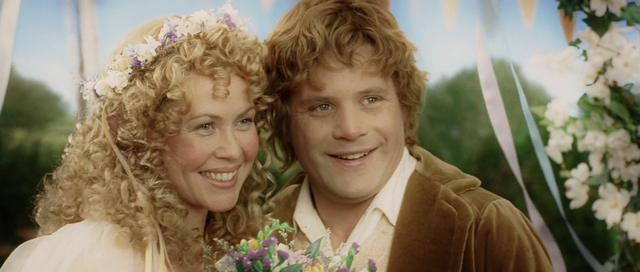
Image via lotr.wikia.com
President Snow: The scent of roses and loyal subjects.
Felicity Smoak: Well, letās see. I love my computers, and Iām fond of my friends on Oliverās team, even though he can be a pain.
Effie Trinket: Oh my, yes. This is easy. Iām thankful for all the bright colors that make life exciting. Iām thankful for fashion and good taste, expensive clothes and sumptuous food.
Gandalf: Beards, pipes, hobbits, and my staff.
Lucy Pevensie: Iām thankful that I got to go to Narnia. Iām thankful for the wardrobe in dear Professor Kirkās house, my siblings, Reepicheep, grand adventures, the lessons Iāve learned, and most of all, for Aslan.
Smeagol: Fishes, precious!!! All the fishes. Weāre thankful for them, arenāt we, preciouss? Yess, very thankful.
Darth Vader: Black boots, black cloaks, black masks, a massive empire to oversee, and lightsabers.
Spiderman: New York City. Itās a glass jungle out there begging me to swing and swoop through it. Iām also thankful for my power. Without it, I couldnāt save people, and thatās what I care about the most.
Random Stormtrooper: Stationary targets.
Who would you add to the list, and what would he or she be thankful for?
































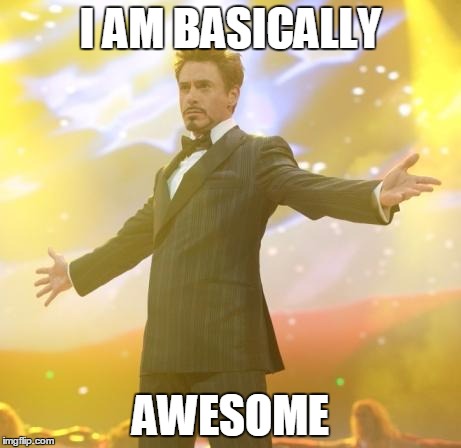
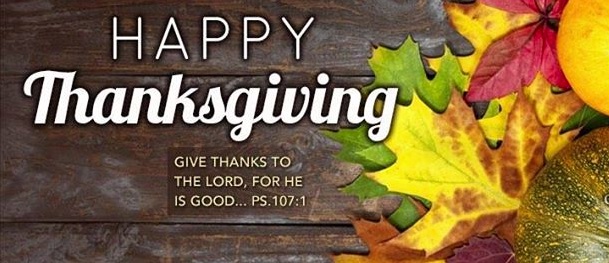
 Thanksgiving is an American holiday primarily. Or maybe I should say a North American holiday because Canada celebrates Thanksgiving much the way we in the US do. Mexico is the exception.
Thanksgiving is an American holiday primarily. Or maybe I should say a North American holiday because Canada celebrates Thanksgiving much the way we in the US do. Mexico is the exception. These holidays designated as Thanksgiving differ from the various harvest festivals in one particular way: God. God was the focus of the first Thanksgiving celebrations, both in Canada and the US. The people who originated these celebrations were specifically acknowledging God’s provision.
These holidays designated as Thanksgiving differ from the various harvest festivals in one particular way: God. God was the focus of the first Thanksgiving celebrations, both in Canada and the US. The people who originated these celebrations were specifically acknowledging God’s provision. A couple stories involving Thanksgiving have in fact found a place in literature: a story by Louisa May Alcott, one by Harriet Beecher Stowe and a few more contemporary ones featuring the get together of dysfunctional families. I can’t think of any speculative stories that feature Thanksgiving, however. The classic fantasy writers were British and would have no connection with the American tradition, and the great sci fi writers were atheists so would have no thought to feature a holiday intended to focus on God.
A couple stories involving Thanksgiving have in fact found a place in literature: a story by Louisa May Alcott, one by Harriet Beecher Stowe and a few more contemporary ones featuring the get together of dysfunctional families. I can’t think of any speculative stories that feature Thanksgiving, however. The classic fantasy writers were British and would have no connection with the American tradition, and the great sci fi writers were atheists so would have no thought to feature a holiday intended to focus on God.
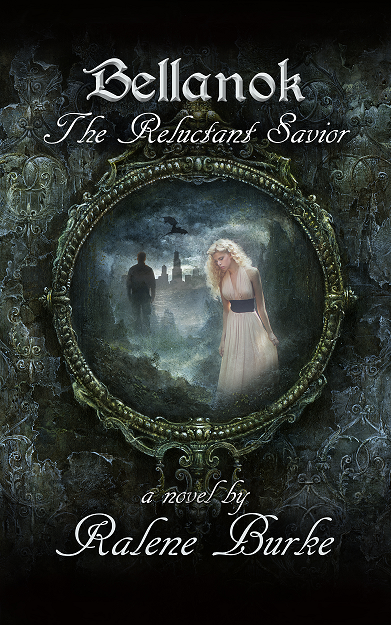
 Pastors are often seen as infallible.
Pastors are often seen as infallible. 
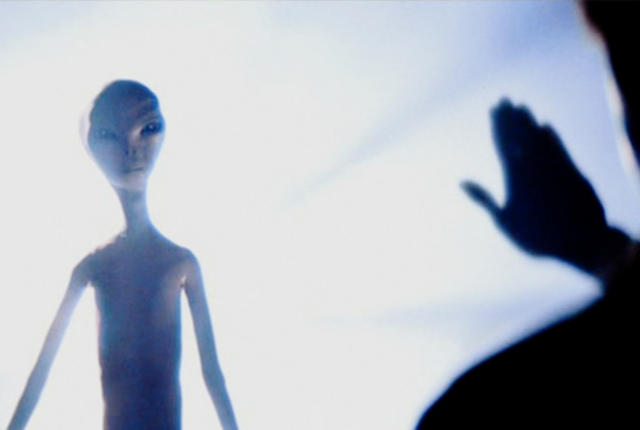





 I feel the need to note a few exceptions to this lack-of-diversity problem.
I feel the need to note a few exceptions to this lack-of-diversity problem.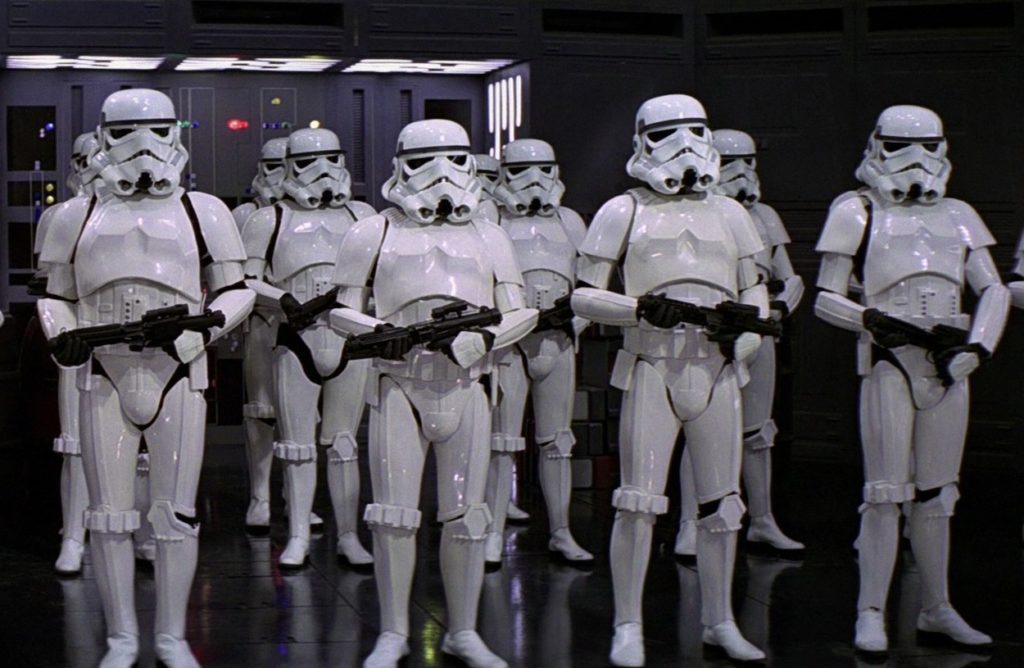
 Last week, here in the US, we celebrated Veterans Day. It’s kind of funny actually because it seems as if any holiday that has a particular national slant has become an occasion to honor veterans. For instance I saw a number of posts about veterans on Labor Day! Well, no, I wanted to say, this is the day we honor workers as opposed to bosses or people in service-oriented jobs. But that’s OK. I don’t think veterans can get enough recognition.
Last week, here in the US, we celebrated Veterans Day. It’s kind of funny actually because it seems as if any holiday that has a particular national slant has become an occasion to honor veterans. For instance I saw a number of posts about veterans on Labor Day! Well, no, I wanted to say, this is the day we honor workers as opposed to bosses or people in service-oriented jobs. But that’s OK. I don’t think veterans can get enough recognition.



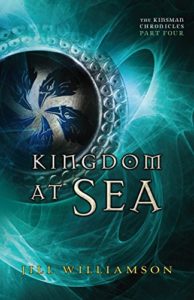 In the second volume of Jill Williamson’s Kinsman Chronicles, a remnant has escaped the destruction of the Five Realms and now lives on several hundred ships adrift at sea. As a flock, they sail north into the unknown in hopes of finding land that might become their new home.
In the second volume of Jill Williamson’s Kinsman Chronicles, a remnant has escaped the destruction of the Five Realms and now lives on several hundred ships adrift at sea. As a flock, they sail north into the unknown in hopes of finding land that might become their new home.

 chances. Anyone not bright enough to pass the test, not competent enough to cheat and not be caught, not cunning enough to discern the one bribe I am willing to take ā anyone who fails, fails. Because they were not superior enough to give orders, your ex-classmates have gone to the Lower College of Henchmen, where they will learn to take them.
chances. Anyone not bright enough to pass the test, not competent enough to cheat and not be caught, not cunning enough to discern the one bribe I am willing to take ā anyone who fails, fails. Because they were not superior enough to give orders, your ex-classmates have gone to the Lower College of Henchmen, where they will learn to take them. Take heart, students! The universe is blacker than they paint it. Time is a tyrant, Death conquers all. Entropy is on our side. Nature knows no law but Power ā and neither do we. We fight without the self-imposed limits of the heroes. Our will to win is absolute, our cunning knows no qualms, our ambitions are unfettered. Our fashion sense is manifestly superior. We will prevail.
Take heart, students! The universe is blacker than they paint it. Time is a tyrant, Death conquers all. Entropy is on our side. Nature knows no law but Power ā and neither do we. We fight without the self-imposed limits of the heroes. Our will to win is absolute, our cunning knows no qualms, our ambitions are unfettered. Our fashion sense is manifestly superior. We will prevail.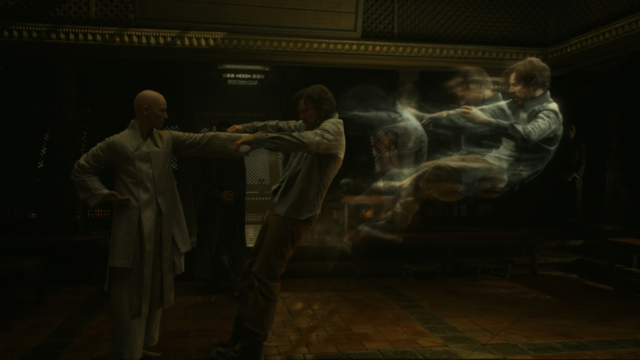
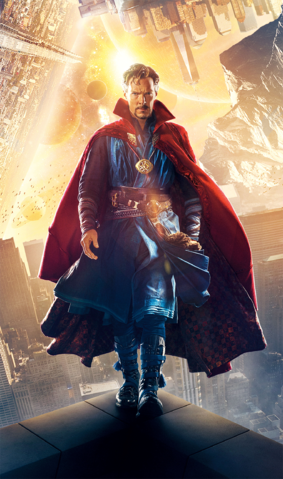

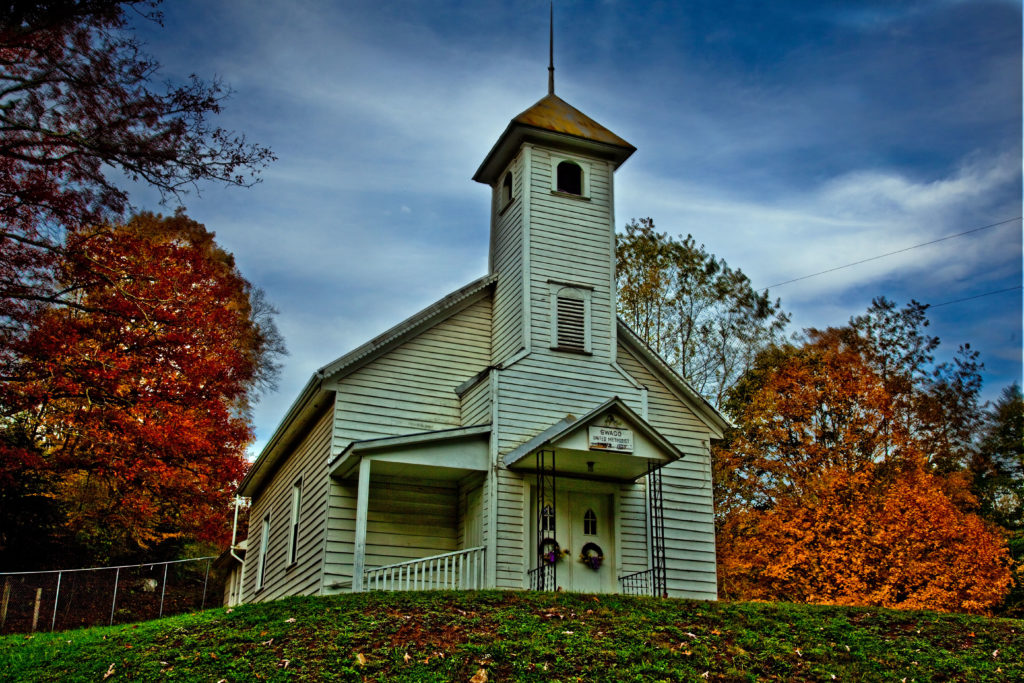

 by depraved priests and nuns or as a fanatical Pentecostal church out in the countryside with a smooth-talkin’ yet utterly vile preacher keeping watch over his lunatic flock. The Catholic cathedrals bring an ominous European atmosphere to the story while the rowdy Pentecostal country church has a sort of Southern Gothic charm and ambiance. Either way, something dark and devious lurks beneath the surface of the church in horror stories, and while there are some men of the cloth who fight the darkness, more often than not, they are servants of the darkness they claim to fight.
by depraved priests and nuns or as a fanatical Pentecostal church out in the countryside with a smooth-talkin’ yet utterly vile preacher keeping watch over his lunatic flock. The Catholic cathedrals bring an ominous European atmosphere to the story while the rowdy Pentecostal country church has a sort of Southern Gothic charm and ambiance. Either way, something dark and devious lurks beneath the surface of the church in horror stories, and while there are some men of the cloth who fight the darkness, more often than not, they are servants of the darkness they claim to fight.


